Young fighters: In different worlds, similar problems
The back of one of Gabi’s hands read “live.” The other said “learn.” When she put them together, I got the point. Gabi was a girl who learned the hard way, but she always lived to tell. A juvenile offender incarcerated at Alameda County (Calif.) Juvenile Hall, a secure facility that houses up to 299 young people, Gabi squirmed in her standard-issue juvenile hall uniform — pink shirt, blue pants — and started to tell me what she was “in” for.
I stopped Gabi (her name has been changed in this essay), as I had been instructed. As a Juvenile Hall Outreach (JHO) program street-law teacher, I was there to teach young women about their rights, but not to advise them on their individual cases. I’m in my third and final year of law school at Berkeley, and I can instruct the girls about basic criminal procedure. But while we teachers are encouraged to talk about our life experiences and become friends and role models, we’re also obliged to stick to the curriculum. It’s tough. You want to help, and your natural reaction is to absorb the searing personal details and talk. But it is unlawful and misguided to provide legal counsel as a law student.
I remember feeling a bit shocked the first time I strode through the fourth and final security door at Alameda. Despite a bookcase stashed with young-adult novels and a few drawings and paintings gracing the walls, the place felt clinical. Bare. There were too many straight lines. It was an architecture of conformity. Alameda was full of young people, yet bereft of normal conversation and laughter until the doors to the girls’ rooms opened. Even then, the young women were closely monitored.
I was thrilled to have been assigned to the girls’ ward at Alameda. In my jobs as a journalist and with the International Rescue Committee, I’d met many young women who grew up in impoverished, violent, and impossible circumstances. Some went on to brighter futures. Some, I wonder about. Being a young woman myself, I identified with them, even if our lives were anything but similar.
Recently I co-authored a book about a heroic woman named Agnes Fallah Kamara-Umunna, who helps former child soldiers in Liberia, and I thought about the similarities between children who fought in the cement jungle and those who fought in real jungles. When most people hear the term “child soldier,” they think “boy.” But girls, too, are recruited in large numbers by warlords in the Democratic Republic of Congo, Liberia, and elsewhere, becoming fighters, porters, and sex slaves.
Of course, Alameda Juvenile Hall is far from the Liberian bush. But in significant ways, it’s similar. While the girls in our street-law class weren’t gang-raped in the jungle and forced to eat leaves and drink stream water to survive, some had been “sexed in” to gangs or sexually assaulted at home, or had stolen money or merchandise so they could eat or gain street credibility. In both places, drugs and alcoholism are rampant; some of the girls have AIDS. The bright spots can seem few and far between. In California as in Liberia, these young fighters are also victims of their battles.
In both places, your past follows you. Most juvenile offenders in California are familiar with the “three-strikes law”: If you commit two felonies, your third can land you in jail for life — even if it is for a seemingly minor theft. At Alameda, teaching girls who possibly were one or two felonies away from life imprisonment, I came to understand what the three-strikes law actually meant.
Volunteering as a street-law teacher at Alameda has been, without a doubt, the best part of my law school experience. Growing close to a group of girls and teaching them about Miranda rights, search and seizure, police misconduct, and how gang membership can affect one’s sentence has been educational, challenging, and deeply moving. It has confirmed a lesson I’ve learned many times before: Helping someone, perhaps as a teacher, is life’s greatest opportunity. The bonds you form, the ways you grow, the difference you can make, and the difference people can make in your life — there’s nothing like it.
During our final session at Alameda, at a party with soft drinks and pizza, we volunteers offered the girls a last lesson, on “getting out and staying clean.” We encouraged them to finish middle school and high school, and go on to junior college and college. I endorsed the career plans that they shared with me. It made me smile, picturing these girls not in their prison uniforms, but wearing their uniforms of choice: flight uniforms, white coats, business suits. I discouraged Gabi from pursuing a life in pole-dancing. Child prostitution is a big problem in the neighborhood where she comes from. Gabi grinned slyly, cryptically. I wasn’t sure if she was joking or not.
Emily Holland ’01 is a law student, writer, and journalist who has covered humanitarian crises and responses around the world.


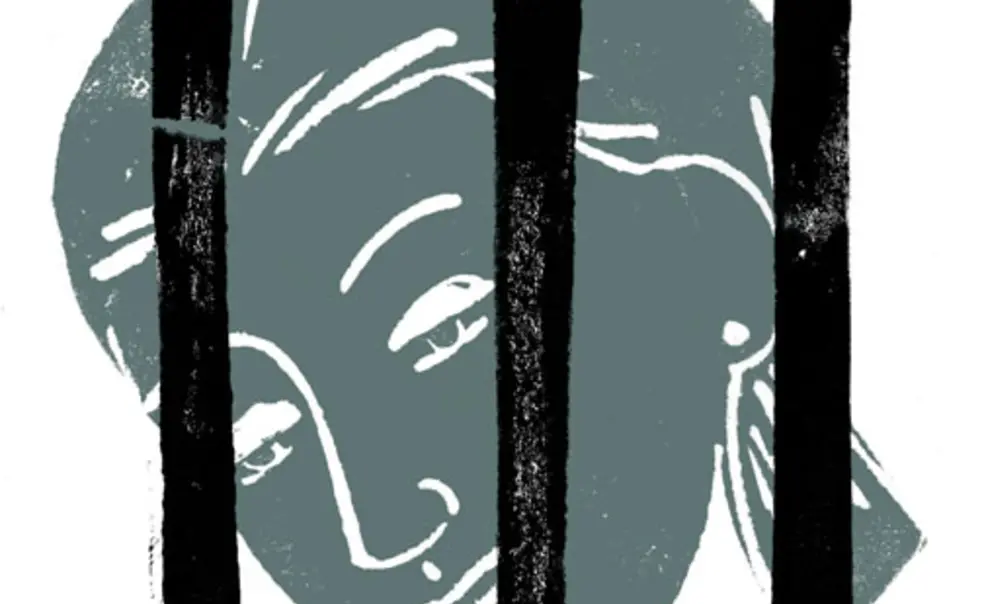
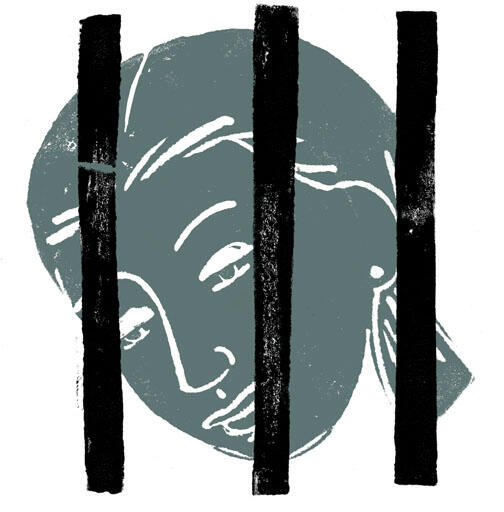
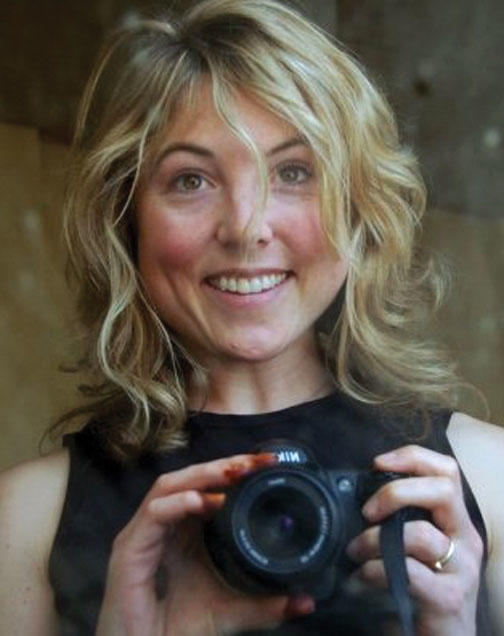




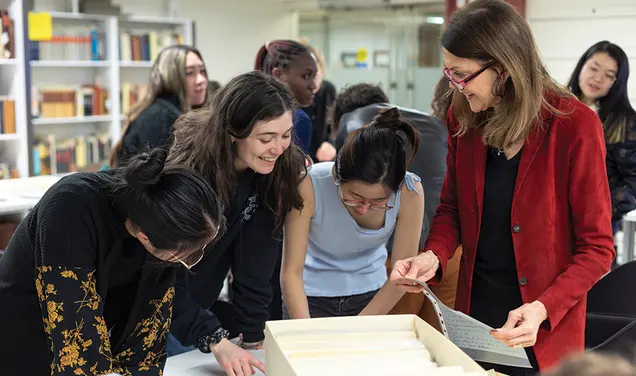
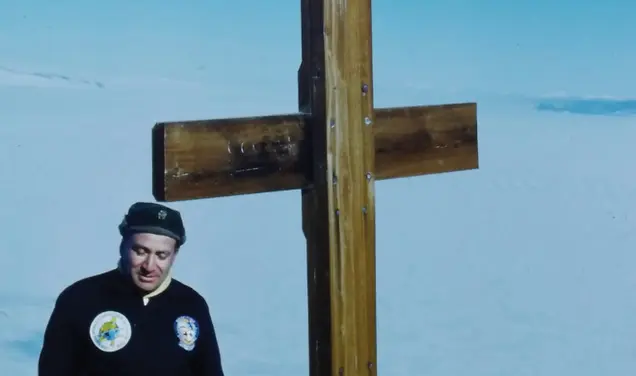

No responses yet